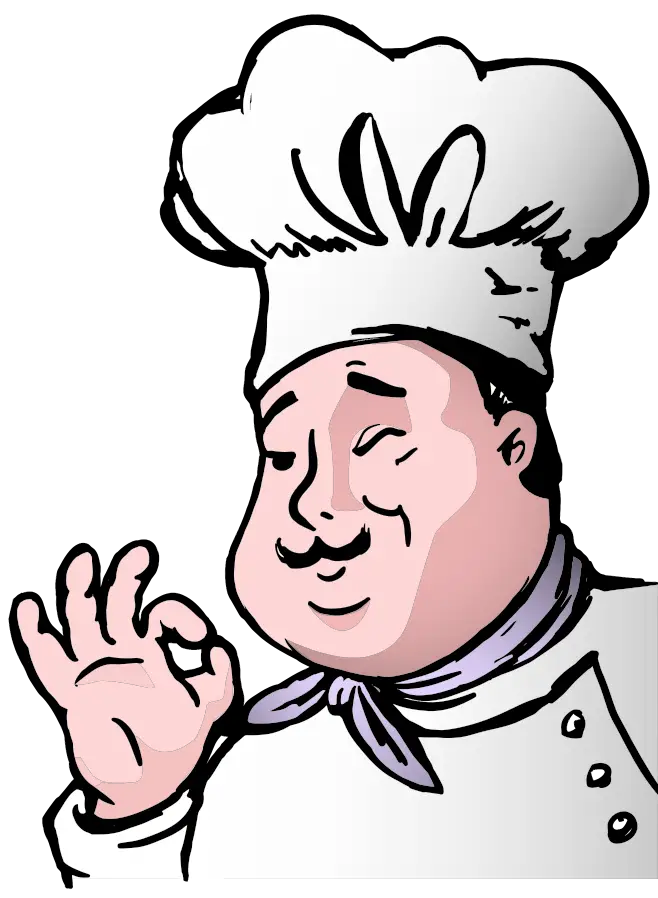So, you’ve made it to 24 years old. You’ve lived longer than most cavemen did (probably), and at this point seen your fair share of the labor market. Hopefully, you’re a faithful reader of our Getting Started series, and have spent the last few years or more beefing up your resume, and acquiring the contacts and professional skills needed to make it as a young worker in today’s economy. But you’re still looking for that high paying job, something with a meaty median salary and opportunities for job growth.
You might have a high school diploma, or one of the many flavors of college degree, but at this point you have only one goal: find the highest paying job you can, in a field that you are at least mildly interested in. Maybe you worked for a couple years in an industry you thought you would like, only to be turned away by seeing how the sausage is made, and now you’re left looking for job openings in a new field. There are plenty of new and exciting opportunities for young adults out there, you just have to know how to find them.
Looking for a New Field
Suddenly, we have turned into a baseball website. Let’s face it: working in most industries is not exactly what you expect it to be when you get hired. You might have gotten an associate degree or bachelor’s degree in an area that interested you, only to find that the average salary, employment rate, or just the overall work experience was not quite what you expected. After spending a couple years in that field, you may want to find something new to try out, and hopefully find more success in.
At 24 years old, it is absolutely not too late to start over. Your youth is an advantage in this case, as you still have plenty more years to pick up new skilled trades and find a high paying job in a completely new area.
Universal Skills

When transferring to a new area or trade, you don’t just lose all of your work experience and progress. No matter what field you work in, there are many universal professional skills that you can carry with you anywhere you go. Since you were a 16 year old high school student working your first ever part time job, you have learned essential communication skills, discipline, and picked up lots of general knowledge about the workplace. Sure, it’s hard to go from being a massage therapist to construction manager, but the basics of interacting with people will always carry over from your old job to a new one.
Adjacent Industries
You may still be interested in the subject you got your college degree in, but just dislike some aspects of your current employment situation. If that’s the case, you might be able to use the contacts and networks in your current position to find job openings in a similar, adjacent field. Your current employer may have a client looking for some younger workers for their own company, and you can use your established relationships to potentially score yourself an interview.
Or if you are in a position where you yourself interact with many clients every day, such as a dental hygienist or real estate agent, you may hear about other job opportunities through them. If you cultivate a relationship with them, and talk with them about their personal lives, they may be inclined to offer a hardworking young person like yourself an interview at their own company. Most good paying jobs for 24 year olds aren’t found on online jobs boards, but through connecting with people on a daily basis.
Updating Your Resume
As you begin to climb the ladder of the labor force into better jobs with high pay, you once again have to think about how to tweak your resume to help you stand out from other younger workers. At this point, it’s probably time to clear off your old summer job, and the various youth employment opportunities you had as a high school student, if you have not done so already. Employers aren’t going to care about your minimum wage jobs anymore- they want to see your cold, hard professional experience without any nonsense in the way.
Educational Attainment
As far as your education goes, the best rule of thumb is to leave your highest level of educational attainment on your resume. If all you have is a high school diploma, it is perfectly fine to leave that listed (but ditch everything but the core facts- school, GPA, graduation year, etc). If you have an associate’s degree, make sure to list that, along with what college you attended, when you graduated, and any key programs or accomplishments you had while there. If you have a bachelor’s degree, follow pretty much the same format, including your majors and minors if applicable.
Employment History
For your work experience, limit it to the most relevant and highest level positions you have held. It is best to keep your resume to about a page or two, so any job that does not fit within this limit should be left off. For each listing, include any special training, skilled trades, or certifications you may have earned, as well as your responsibilities and important projects that you worked on or managed. If you have gaps in your resume due to unemployment, be ready to explain those to hiring managers, as asking about these periods of unemployment is a fairly common interview practice.
Good Paying Jobs for 24 Year Olds: Side Hustles
One great thing you can do as a young person that the average older worker cannot is easily pick up side hustles to make some extra money. Hopefully your day job has a nice median salary, but if you have the time, picking up one or two online jobs on the side is a great way to make some extra cash, and learn new skills that you can use in your regular old job, and on into the future.
An online job as a freelancer or consultant probably will not be able to replace your day job, as it does not come with the job security, high pay, or health care that a full time position does. However, it gives many younger workers like yourself a chance to learn new skills, and can be a safety net to fall back on if the unemployment rate spikes.
Building Yourself Up
The first step to any productive side gig is finding your niche. Maybe you do ceramics in your free time, and want to start an online art shop. Maybe you have a secret passion for being a teacher, and want to help the average lazy high school student edit their papers during the school year. Maybe you have a bunch of gym-happy friends, and want to start one of those companies where young men move people’s junk for them. Online jobs and marketing give you the chance to do anything, and there is almost certainly a platform that fits your niche.
Once you figure out what it is you want to do, and the best place to do it, start marketing and building up a client base. Some fields, like freelance writing, have constant high demand for content, so you will be able to find a gig almost right away. You could also be bringing a completely new idea to the labor market, and have the first task of convincing potential clients that your services are worth paying for.
Biting the Bullet

When starting out in a side gig, you can’t worry too much about your average salary. It is a part time job, so you have to be willing to sacrifice a little bit of money in the beginning to make it work. You’ll have to take low paying gigs for a little while, to get your name out there and get a feel for the skills needed and potential sources of job growth for your side hustle. Once you get some experience under your belt, you can start to raise your rates, and go from minimum wage to a nice healthy side salary in no time.
Once again, having a side hustle will most likely not replace your regular day job, but can be a great way to put your skills or college degree to good use in making some extra money. Be careful, however, not to let it take over your life: if you find yourself with no time for friends, family, or even yourself, you should probably dial it back a bit and focus more energy on your personal life.
If you’ve spent any time reading our Getting Started series, you’ll know by now that life is full of opportunities to learn new professional skills, bulk up your resume, and make yourself into a better candidate. Every job is an opportunity not only to make a nice median salary, but to learn and grow as a professional, and as a person. Check out the rest of our Getting Started series for more tips and tricks about navigating the job market in your youth, as there’s advice in every article for everyone, not just the age group in the headline.
